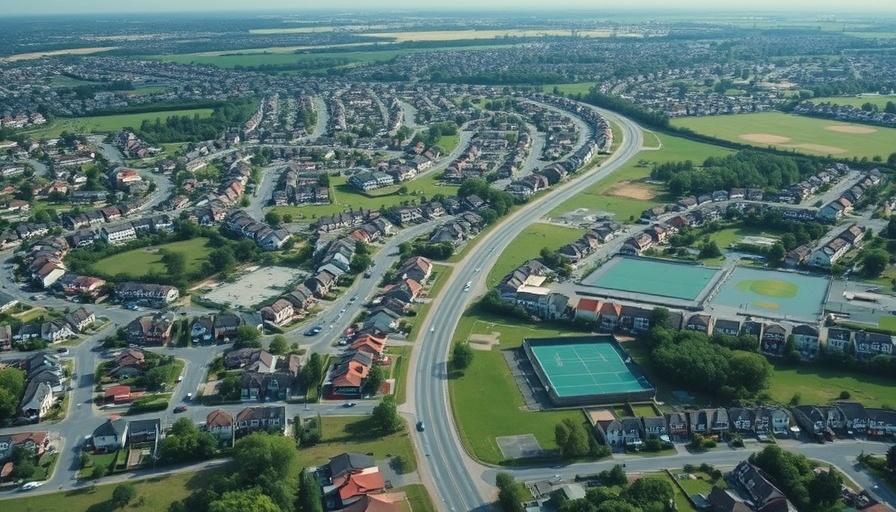
San Antonio City Council Takes Major Step for Spurs Arena
In a significant move for San Antonio's sports and business landscape, the City Council has approved a non-binding agreement for a new downtown arena aimed at revitalizing the area's economy and enhancing the fan experience for Spurs enthusiasts. This plan comes in the wake of calls for additional economic analysis, especially from Mayor Gina Ortiz Jones, who argued for a pause to thoroughly assess the financial implications of such a major investment.
What’s at Stake?
The approval process has sparked considerable discussion within the community. A downtown arena holds promises of new jobs, increased tourism, and economic growth, particularly benefiting local businesses in the hospitality and retail sectors. Spurs ownership has committed to contributing to the project, pledging investments that could bolster San Antonio's reputation as a key player in the sports industry.
The Debate on Economic Viability
Opponents of the funding framework point out the need for careful evaluation. They express concerns that the demands of funding a sports arena, which could exceed hundreds of millions, may divert essential resources from crucial community services like education and healthcare. As San Antonio entrepreneurs and local business owners weigh in, it is clear the stakes are high, and perspectives diverge widely.
Economic Implications for San Antonio
With the potential for a new arena comes the potential revitalization of neighborhoods surrounding it. Studies suggest that when well-planned, such projects can significantly enhance the San Antonio local economy, attracting investment and stimulating growth among startups and small businesses. The ongoing discourse includes understanding how this project intertwines with the livelihoods of Latino businesses, veteran-owned businesses, and women entrepreneurs in the region—a demographic vital to the city's identity.
Future Predictions: A Transformative Opportunity?
Looking ahead, city planners and economic experts agree that the construction of a new arena could usher in a pivotal era for San Antonio. If plans materialize, the arena could not only host Spurs games but also various events, drawing in crowds year-round, which would provide opportunities for local business networking and expand the reach of San Antonio startups. This could be the linchpin as San Antonio continues to position itself among the best cities for business in Texas.
Community Engagement: The Path Forward
As discussions unfold, community engagement will be crucial. San Antonio’s leaders and residents must weigh the future of the arena project against potential trade-offs. Public forums, local surveys, and discussions among business owners will help leaders gauge community sentiment and ensure that the development aligns with the desires and needs of residents.
The Call for Responsible Governance
Ultimately, the city council's decision on the Spurs arena funding plan reflects a broader trend in urban development—balancing economic aspirations with the need for thoughtful, strategic governance. Both supporters and opponents emphasize the importance of transparency and accountability in making decisions that will affect San Antonio for years to come. Every added perspective strengthens the foundations of what could become a landmark moment for the city’s future.
Conclusion
As the debate surrounding the Spurs arena funding continues, it’s imperative for San Antonio residents and entrepreneurs to stay informed and engaged. Understanding the potential economic impact, as well as participating in community discussions, will empower citizens to voice their opinions on the direction of their city. This proposed investment is not just about sports; it could shape the future landscape of opportunities for all in San Antonio.
 Add Element
Add Element  Add Row
Add Row 



Write A Comment